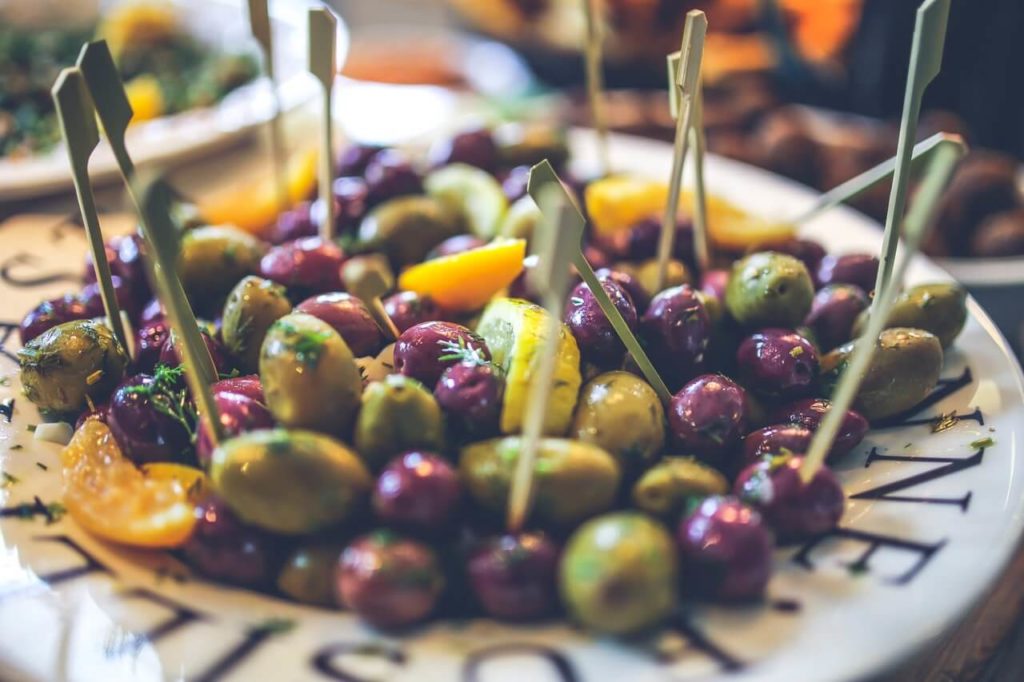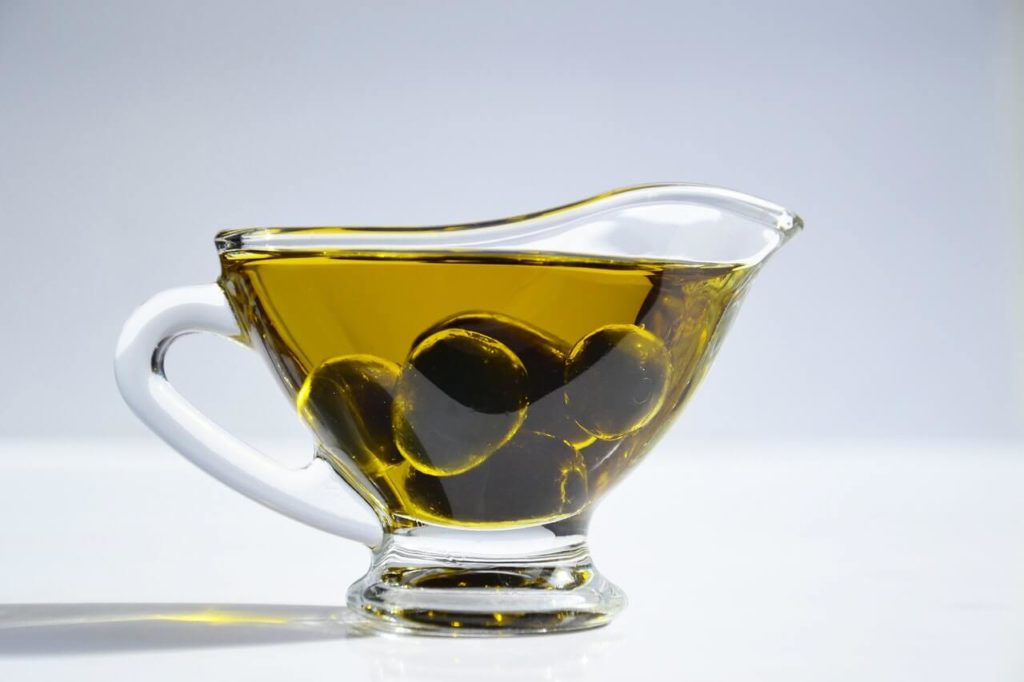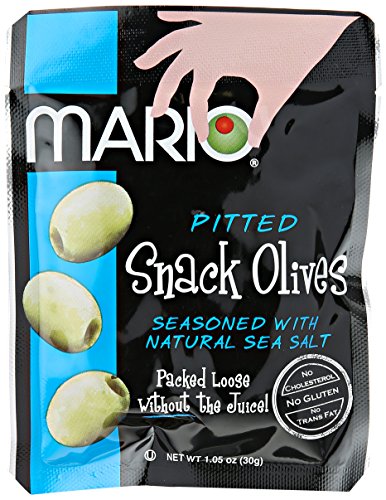Keto is one of the few diets out there that ensure healthy weight loss without requiring you to go to extreme measures such as starving yourself.
However, figuring out how to keep your carbohydrate intake as low as possible can be hard sometimes. You need to watch how much of what you eat and how many carbohydrates or proteins it contains.
Olives are some of the few fruits that are approved for Keto. Since they’re easy to grab on the go to fight hunger cravings, they’re popular with many keto dieters.
Even though they’re keto-friendly, you need to watch how many of them you eat. In this article, find out how many olives you can eat comfortably on Keto without risking your ketosis.

Why Should You Eat Olives on Keto?
Olives are suitable fruits to eat on Keto because they’re low in carbohydrates while containing a high amount of fats. They also have a very low amount of proteins.
Since a keto diet requires you to eat a lot of healthy fats with little carbs and moderate proteins, Olives fit the bill.
Olives are unlike most other fruits that are high in carbs and which can offset your ketosis state when taken. Eating Olives on Keto, therefore, gives you a chance to add some fruit to your diet.
These fruits are rich in health-enhancing nutrients that can be quite useful to you on a keto diet. This is especially because you’ll have limited sources of certain nutrients after cutting off carbohydrates from your diet.
Olives are also quite easy to add to your keto diet plan. You can take them in between meals as a snack, use them as an ingredient in various recipes, or use them to make salads.
They’re a great way to add flavor and texture to various dishes without increasing carb content significantly while adding healthy monounsaturated fats.
Eating olives on Keto is easy and fun because there are so many varieties for you to try. These varieties look and taste differently, so you can always switch up your olives to ensure that you never get bored.
The Different Types of Olives
We’ll look at some of the popular types of olives that you can eat while on Keto. While these types look different and have distinct flavors, they all contain little carbs and are rich in healthy fats.
If you’re a beginner in eating olives, then you should try various types to find what you like the most.
Here are 4 kinds you can start with:
Cerignola
Cerignola olives are large with a crispy texture. They can be either black or green. This type is suitable as a stand-alone snack, and it can also be used alongside other strongly flavored ingredients such as garlic to garnish food.
Kalamata
These are deep purple olives that are usually preserved in vinegar or oil. Due to this, they normally have a salty and bitter taste.
Kalamata olives originate from Greece and are commonly used to make Greek salad. You can also use them to prepare dips or Mediterranean dishes such as hummus.
Mission
Mission olives are grown in California and are usually utilized to make olive oil. They’re mildly flavored in comparison to other types of olives.
Manzanilla
Manzanilla are green olives grown in Spain and cured in brine. They have a crisp texture and are very bitter, with a smoky flavor.
They’re usually taken with a type of sweet red pepper known as pimiento in order to balance out their bitter taste.

Nutritional Content of Olives
Olives are packed with vitamins, minerals, and antioxidants that can improve your health in many ways.
Some of the nutrients found in olives are:
- Vitamin E -This is a powerful antioxidant that fights free radicals in the body and protects the cells from oxidative damage. It boosts the immune system and reduces your risk of developing diseases such as heart disease and cancer.
- Iron – Iron supports the production of hemoglobin, which transports oxygen in the red blood cells. It also supports cells’ growth and enhances cognitive functions such as concentration and memory.
- Copper – Copper is an essential mineral that’s usually lacking in the standard American diet, so you should make a conscious effort to add it to your diet. It helps with iron absorption in the body, the formation of red blood cells and supports healthy bones and blood vessels.
- Sodium – Olives that have been preserved in brine or saltwater have a high amount of sodium. Sodium is essential for maintaining hydration in the body.
- Monounsaturated Fatty Acids – Most olives contain at least 11% fats. Most of this is oleic acid, a type of monounsaturated fatty acid that can help reduce inflammation and protect against heart disease.
Because of their nutrient potency, olives are a great addition to a keto diet. They have compounds that improve immune function, cardiovascular health, and bone health.
So, how many olives can you eat on keto to get these benefits without leaving ketosis?
How Many Olives Should You Eat on Keto?
The carbohydrate content in olives varies according to their size. Larger fruits contain more carbohydrates, while smaller ones have less carbs.
Generally, 100g of olives contain around 6 grams of total carbs.
But, almost half of this is made up of fiber, which does not count towards carb intake that can kick you out of ketosis. This means that the net carbs in 100g of olives (about 10 olives) are around 3 grams.
Olives contain even less proteins than carbohydrates, with only about 0.5 grams in every 100g.
How many olives you eat on keto should depend on the type of ketogenic diet that you’re following. If you’re following the standard keto diet where you should eat between 20-50 grams of carbohydrates daily, you’ll need to eat less olives if you want to add other types of carbohydrates to your meals.
If you’re on a cyclical keto diet where you have about 2 days of high carb intake each week, then you can eat as many olives as you want during the days when you’re off keto.
What’s important is ensuring that your olive intake does not surpass the carbohydrate limit you need to maintain ketosis.
However, since we’ve seen that olives are very low in carb content, you might not need to worry about passing the limit – as long as you watch the other carbs that you eat.
Benefits of Olives on Keto Diet
Olives provide a lot of benefits for people on keto.
These include:
Boosts Healthy Fats Intake
Keto is a high fat diet, but finding fruits that are high fat and low carb can be challenging. Olives, however, meet these standards as fats provide about 80% of their calories.
The fats found in olives are healthy monounsaturated fats and fatty acids that support weight loss, heart health and help lower blood cholesterol levels.
They’re Versatile
Olives can be used in dishes or eaten as snacks on their own. They’re convenient to carry around, allowing you to snack on them anytime you feel hunger cravings.
These Mario Camacho Pitted Snack Olives are perfect as an on-the-go snack. They’re packed without juice and are brineless for less mess, which makes them easy to eat straight from the pouch. These snack olives are flavored with garlic pieces and thyme seasoning.
High Nutritive Value
These fruits are rich in vitamins, minerals, fats, and antioxidants that boost health in various ways. They support cardiovascular health, cognitive function, and the development of healthy bones.
Appetite Suppressant
Olives are high in fiber and monounsaturated fats that have a satiating effect when ingested. These can help you keep your calorie intake low since you’ll feel full faster.
Because of this, olives make a perfect snack to eat in between meals to keep you from reaching for snacks that might affect your ketosis.
Boosts Sodium Levels in the Body
Sodium is an essential electrolyte in the body that maintains water balance inside and outside the cells. Its levels drop drastically when you enter ketosis, causing symptoms such as fatigue, headaches, and muscle cramps.
This happens because sodium is lost alongside the water that’s released from the body when you use up your glycogen stores. Olives can therefore help boost sodium levels in the body and bring them back to healthy amounts.
Conclusion
Olives are ideal fruits to eat on a keto diet. They’re low in carbs, contain little proteins, and have a high-fat content.
They can, therefore, contribute to your fat intake while keeping you from eating too many carbohydrates or proteins. In addition, they contain many minerals, antioxidants, and vitamins that make them great for health.
Olives are available in a variety of types with different flavor profiles and textures, so it can be easy to find a few favorites. You’ll be able to snack on lots of them anytime or add them to your keto dishes without risking ketosis, thanks to their very low carb content.


